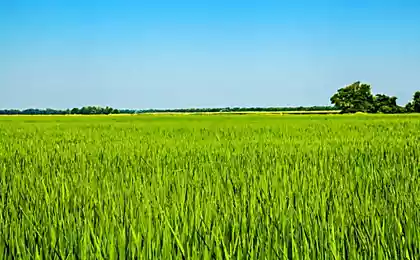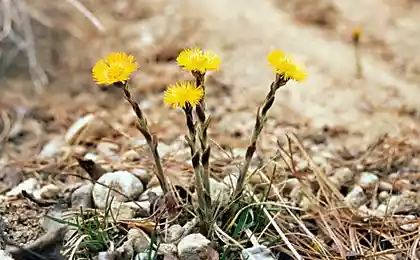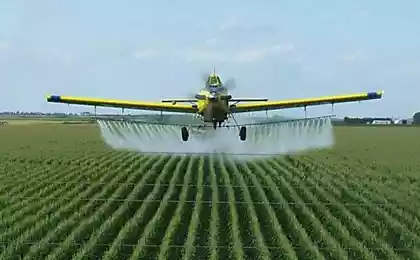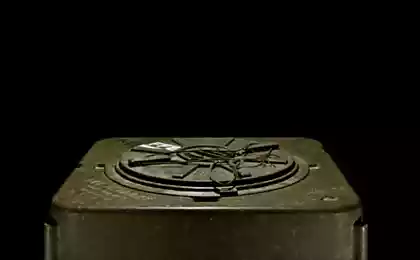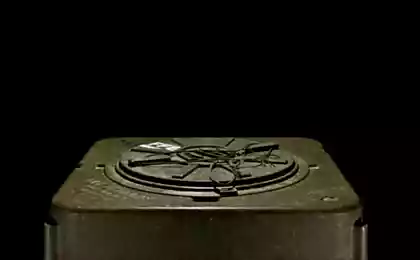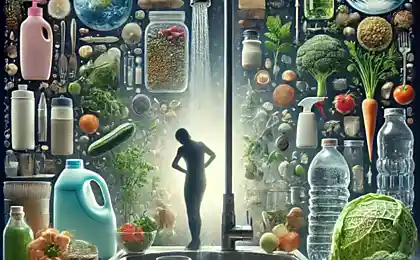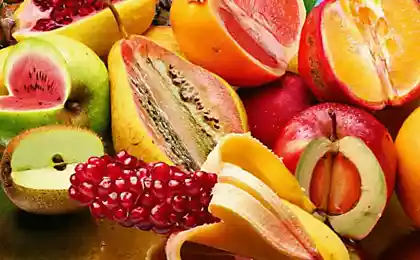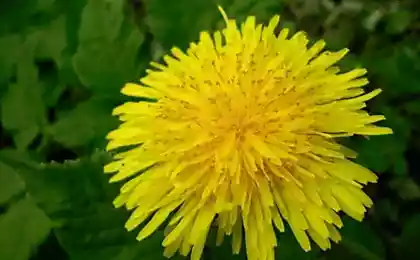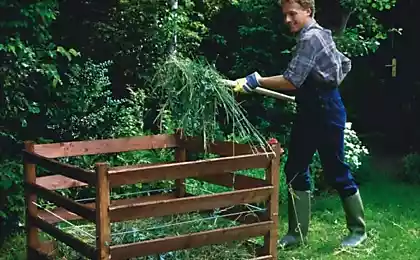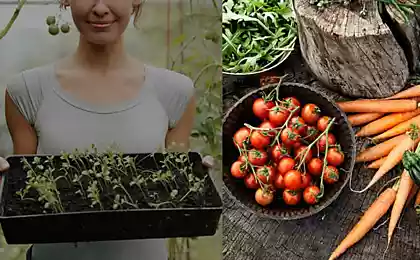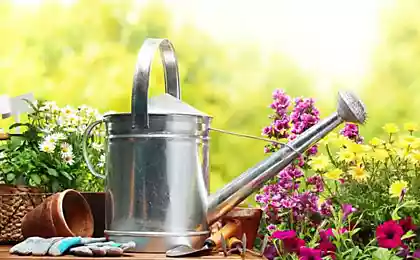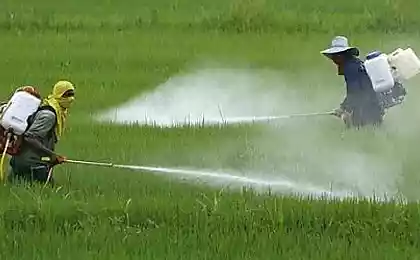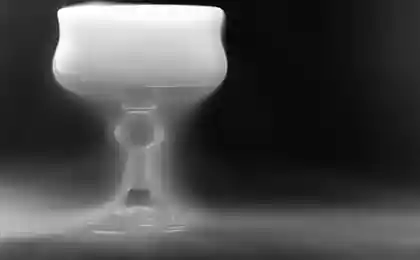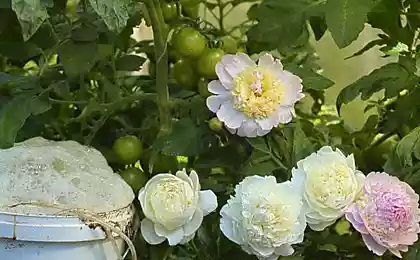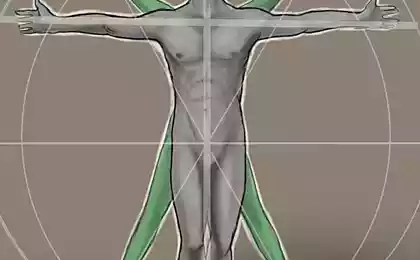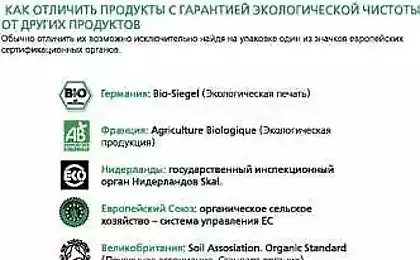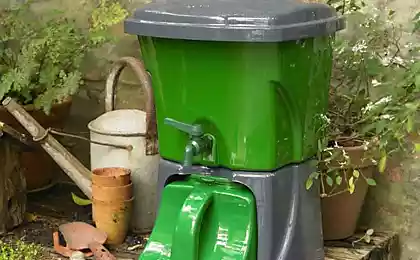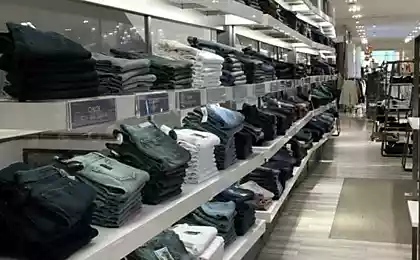496
Pesticides – a time bomb
All-out chemicalization of life, which began in the "enlightened" West in the last century, inevitably makes people powerless, the sick freaks. This filth contaminates everything: air, water, soil, plants, animals, people...
Pesticides and chemicals in food
The world market for pesticides is estimated to be worth about $ 30 billion annually. Used by over a million tons of pesticides, with 60% of them in agriculture.
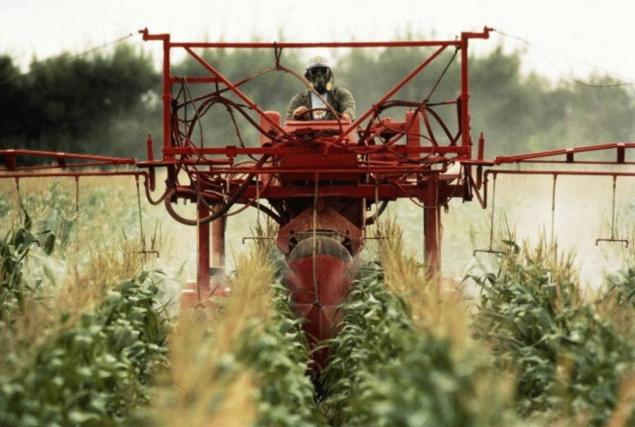
Chemicals (insecticides, herbicides, fungicides) are used to fertilize the soil, combat weeds, insects and rodents, crop protection against fungi and molds. With their help, improve yields, enhance the shelf life of the plant, improve appearance of fruits, vegetables and grains. Today a selection of the 5,000 species of 700 pesticides and chemical ingredients. Compared with the early 40-ies., when it was first used pesticides consumption in agriculture has increased tenfold, while crop losses due to insects over the last 50 years has doubled. This statistic casts doubt on the effectiveness of the pesticides. Interestingly, the use of pesticides has led to the development of the 650 species of pests that are resistant to some of these poisons.
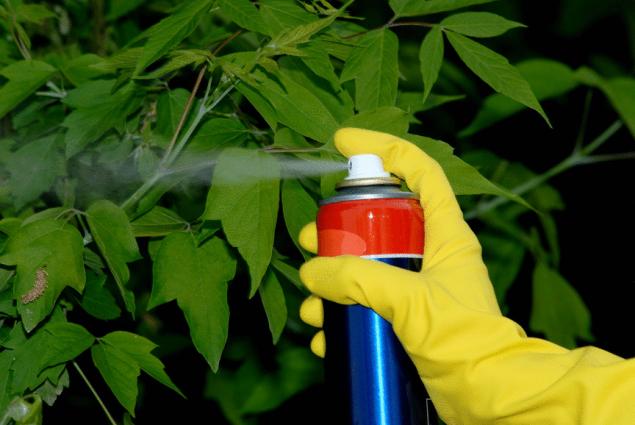
Every day in the world about 3000 people are poisoned by pesticides. More than one million poisonings per year of chemical substances, polluting the air, soil, water and food. Separately in Europe, these numbers are less shocking. Only in 2005 the EU began to try to introduce common standards in assessing the risk of chemicals entering the food, and the common labeling for food products.
Source: /users/413
Pesticides and chemicals in food
The world market for pesticides is estimated to be worth about $ 30 billion annually. Used by over a million tons of pesticides, with 60% of them in agriculture.

Chemicals (insecticides, herbicides, fungicides) are used to fertilize the soil, combat weeds, insects and rodents, crop protection against fungi and molds. With their help, improve yields, enhance the shelf life of the plant, improve appearance of fruits, vegetables and grains. Today a selection of the 5,000 species of 700 pesticides and chemical ingredients. Compared with the early 40-ies., when it was first used pesticides consumption in agriculture has increased tenfold, while crop losses due to insects over the last 50 years has doubled. This statistic casts doubt on the effectiveness of the pesticides. Interestingly, the use of pesticides has led to the development of the 650 species of pests that are resistant to some of these poisons.

Every day in the world about 3000 people are poisoned by pesticides. More than one million poisonings per year of chemical substances, polluting the air, soil, water and food. Separately in Europe, these numbers are less shocking. Only in 2005 the EU began to try to introduce common standards in assessing the risk of chemicals entering the food, and the common labeling for food products.
Source: /users/413
